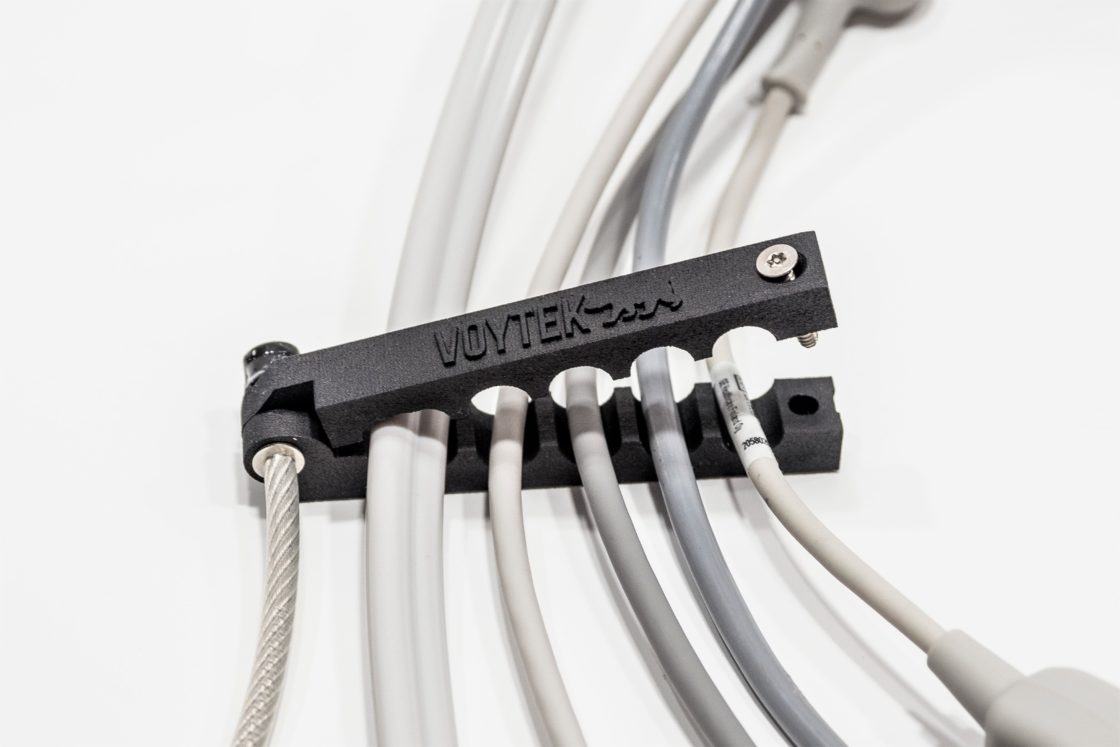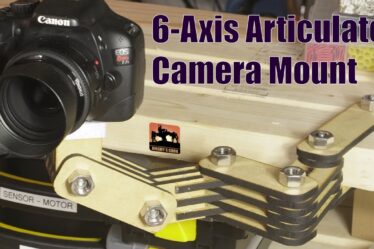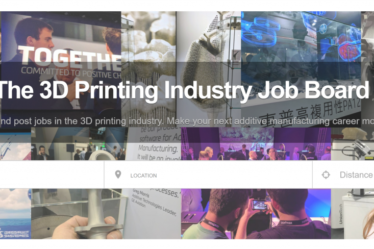
Bulk
manufacturing is, quite simply, manufacturing in bulk quantities. “Bulk” can
mean anything from two pieces to two million (or more). At its essence, bulk
production requires the capability to produce the same part over and over
again. When that production takes place via additive manufacturing, new
complexities come into play as new capabilities mean new possibilities and,
perhaps, new questions.
Shapeways’
bulk 3D printing solution gives you access to high-volume 3D printing using the
most advanced manufacturing technology and materials at affordable prices.
Advantages of
using additive manufacturing vs traditional manufacturing for bulk orders
While additive manufacturing is on the rise as an end-use production process, often the first thought is that it is a low-volume endeavor. Bringing 3D printing into industrial production, though, can actually offer significant advantages over traditional manufacturing workflows, like on-demand production, fewer kinks in the supply chain, reductions in storage and inventory costs, and reduced waste.
Advanced planning vs printing
on-demand
One of the biggest advantages of additive
manufacturing is that 3D printing does not require tooling or molding to be
made. This can lead to a much faster turnaround time, as well as lower material
and labor costs, as a major step of traditional manufacturing workflows —
think injection molding — is bypassed completely.
This can lead to relatively immediate
on-demand production; all that’s needed is a digital file to be 3D printed.
Shortening lead times between design and production means less upfront work for
you — so if you don’t have the time for a hefty chunk of time to plan in
advance, moving to 3D printing on-demand can kickstart the process.
Supply chain kinks
Traditional bulk production often includes
calculated supply chains built on the premise of low-cost supplies, which in
many cases means reliance on overseas suppliers. When those supply chains are
confronted with unforeseen kinks — perhaps international borders closing due
to a global health crisis, for example — operations can completely shut down.
On-demand production with additive
manufacturing goes hand-in-hand with decentralized production. 3D printing has
been on the rise due to recent global events that have overturned traditional
supply chains, as international logistics are unnecessary. Shapeways is
headquartered in New York City, with manufacturing facilities in Long Island
City and the Netherlands, maintaining a prominent global presence around the
world.
Storage and inventory costs
A major need for bulk parts comes from the
ongoing need for spare or replacement parts. In many cases, these parts are
made at the same time as original parts and physically stored in massive
warehouses, ready to be pulled from the shelf and shipped out as needed. That
can be convenient — but can also lead to tricky situations when those physical
parts take up physical space that needs to be paid for, and when they run out
after a design becomes obsolete without regular inventories being made anymore.
3D printing spare and replacement parts on
demand removes the need for physical storage. When spare parts are stored as
digital files, no shelf space need be taken up, freeing up warehouse floor
space and the costs needed for physical storage. Only as many parts as are
required at a given time need be made, and so long as that design is available
they can be made at any point, even if the original supplier is unavailable,
obsolete, or out of business.
Reduced waste
Milling, casting, molding, and other
traditional forms of manufacturing broadly require significantly more material
than just what goes into a final part. Subtractive processes like cutting and
milling carve out parts from larger blocks of material, inherently creating
waste in the production stage. That waste ultimately adds up in terms of both
cost and lack of sustainability. For molding and casting, additional tools like
molds are needed as well.
Additive manufacturing is, well, additive.
Many 3D printing processes build up a part layer by layer, using only the
material necessary. Even when support structures are required during the build,
these are often lattice-like structures that use much less material than would
otherwise be cut away on a CNC machine. Using only the material required is a
major cost- and waste-saving measure that is unique to additive manufacturing
when it comes to production — and especially so when it comes to bulk orders.
Factors to
consider when choosing a manufacturing service
Working with a manufacturing service for your bulk production needs can create a smoother workflow. When you work with Shapeways bulk 3D printing, you immediately gain access to expert-driven design, customer service, and production quality. A manufacturing service like Shapeways also comes fully equipped with a broad variety of hardware, software, materials, and — perhaps most importantly — the expert know-how about when and why to choose the best-fit option for each. Making the choice to work with a manufacturing service, though, is still a multi-faceted decision-making process that includes factors like upfront costs, volume, model complexity, material, time-to-market, and future iterations.
Upfront costs
In-house production can often make a lot of
sense. Using your own equipment and personnel shortens supply chains, tightens
turnaround, and ensures you always know what’s happening. It does, though,
limit production efforts to what you have already invested in. New industrial
manufacturing equipment requires substantial upfront investment and training,
and while that equipment will presumably be targeted toward the process(es) you
use most, it may not always be the best choice for a new application.
When you need a run of parts for a bulk order,
but that isn’t a standing need that would offer a logical return on investment
that would merit buying in to new industrial equipment, turning to a
manufacturing service offers immediate access to the appropriate manufacturing
capabilities. Costs are limited to the order you place without additional
capital investment.
Volume
Outsourcing bulk production frees up your time
and team to focus on your own operations. When having parts manufactured at
volume, there will inherently be a good amount of time dedicated to that
manufacturing. A manufacturing service offers access to an industrial facility
designed for volume production.
This includes access to industrial 3D printing
equipment. An industrial SLS machine, for example, can produce magnitudes more
individual prints than could a desktop 3D printer. Final quality of those parts
would also be superior due to post-processing capabilities geared toward
handling large quantities of parts at a time. End-to-end fulfillment can be
greatly enhanced in a full-scale production facility.
Model complexity
Design for additive manufacturing (DfAM) is a
dedicated discipline that requires attention to a new set of design parameters
for this new form of manufacturing. While designing a relatively simple
geometry for your part may be in your wheelhouse, a more complex 3D design that
leverages some of the biggest advantages possible with additive manufacturing
— think lattice structures that offer strength but with less material and lighter
weight, or reducing part counts — requires thorough DfAM knowledge.
Working with experts in DfAM who work
day-in-day-out with these technologies can help you generate the perfect design
for your model, as well as gain access to the technology and materials to make
it come to life. When you’re in the market for bulk manufacturing, ensuring the
perfect design is a critical step before producing that design en masse.
Material
With more than 10 3D printing technologies and
more than 75 different choices of material to suit, Shapeways has you covered
for plastic, metal, sandstone, and casting needs. Each of these processes and
materials can be suited for bulk orders of any size. Our automatic bulk pricing
for Nylon 12 makes bulk 3D printing seamlessly easy, for example.
Time to market
If you have a design file ready to go for bulk 3D printing, great! It’s off to the 3D printers and shortly to you. If, though, you need some work in designing, rapid prototyping, and getting market-ready first, we have full workflows in place to ensure that your time-to-market can be fully optimized. Working with 3D printing — and DfAM experts — at every step can streamline your go-to-market process.
What would traditionally take months or even
years to be market-ready can be cut down to days or weeks with on-demand 3D
printing including for bulk orders.
Future iterations
Many products on the market today can be
updated to keep up with new capabilities or new user needs. Think about
smartphones and other regularly-updated products — these take the best of an
established design and continue to build it into something better, often in
response to user demand. This process is made all the easier with digital
designs.
Rapid prototyping isn’t just for the
prototyping stage; iterating to update for future designs can be done at any
time. This is one of the key benefits to working with a digital manufacturing
technology like 3D printing. Your next-generation update — complete with
access to bulk production — is just an updated design file away!
Customer
example
As popular wisdom holds that “show, don’t
tell” is the best way to prove a point, we’d like to share an example of
customer work achieved through the Shapeways platform.

Voytek Medical
Voytek Medical offers a service often sought-after in the medical field, though perhaps not discussed very often. The company develops products that lock patient cables to appropriate bedside or roll stand monitors, ensuring the safe performance of untangled cables — without potentially voiding warranties or needing to modify the equipment itself. These carefully designed products benefit from being 3D printed as they can be designed to keep up with market feedback and needs, all without the increased overhead costs inherent in injection molding.
“Voytek has always been
a big proponent of desktop 3D printing, it has its benefits and limitations.
Desktop 3D printing is great for prototyping and making changes on the fly and
testing different designs. What the technology begins to fall short is in the
build quality of the materials, and production times. I would not be able to
fulfill orders on a desktop printer, the labor of which would sink the
turnaround time. Shapeways allows me to get large batch orders quickly and
without cosmetic or build quality flaws,” Voytek explains.
Working with Shapeways’
bulk 3D printing offering, the company experienced professional solutions at
necessary volumes.
Please contact us today to learn more about our bulk 3D printing service and how we can help you every step of the way for your next project.


